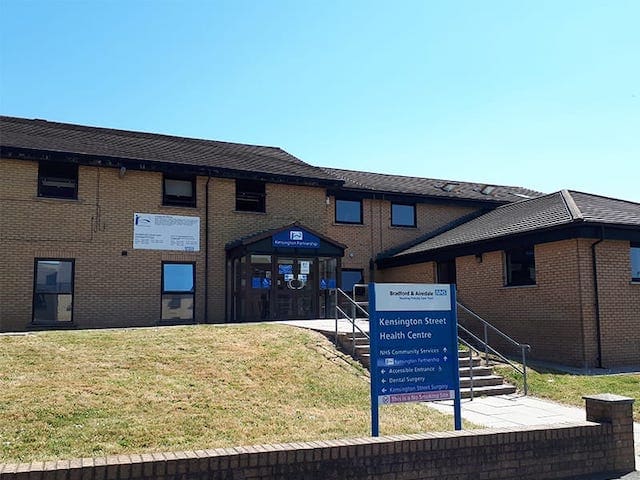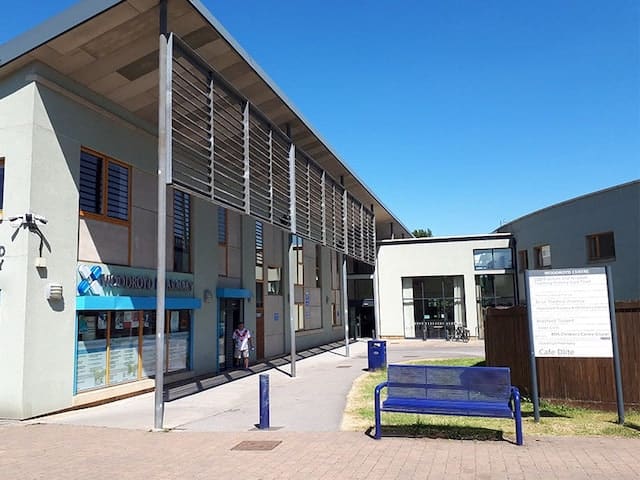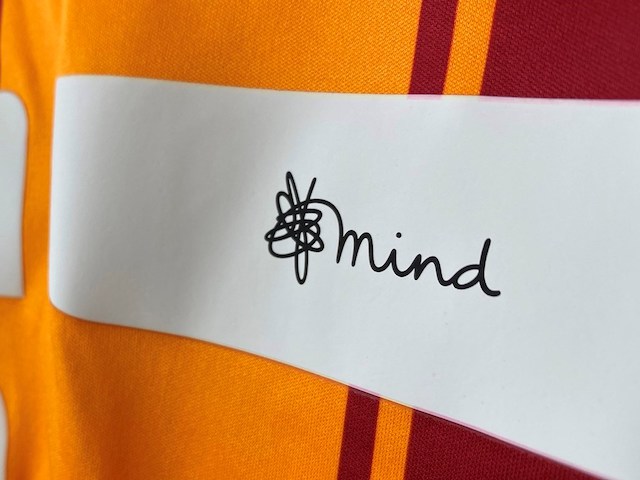If you are a migrant it is not likely you will be charged for most NHS treatment.
But if you need some types of treatment, you will need to provide evidence that you are living in the UK lawfully and permanently.
There are some rules that some healthcare providers have to follow.
But mostly, the charges do not affect people who are living here – only visitors.
Here, you can find out more about the types of evidence people need. This includes:
- refugees or asylum seekers
- migrants who have paid the NHS surcharge
- people who have settled in the UK from a European Economic Area (EEA) country
Treatment you do not usually have to pay for
If you can provide the right evidence, treatment which is likely to be free includes:
- GP services
- Accident & Emergency treatment (A&E)
- ambulance services (including air ambulance)
- Minor Injuries Units
- treatment or services needed for any condition caused by violence
- diagnosis of a named infectious disease
- family planning / contraception
- end of life care – in the community or hospice
Be aware, you might be asked to pay for some maternity care (having a baby). However, the NHS would not stop you having maternity care, even if you cannot afford to pay.
It is very important to protect you and your baby.
Currently, you should always have access to emergency or urgent treatment, even if you cannot afford to pay.
Hospital treatment in Bradford
When you arrive at a hospital in Bradford for your appointment or treatment, this is what usually happens:
- you will be asked to confirm how long you have lived in the UK
- you will be asked to complete a form called the NHS Eligibility Form; a member of staff can help you with this if you need it
- you will be given a copy of the form which tells you what evidence you need to provide to show you are living lawfully and permanently in the UK
There are different documents you can provide as evidence. They include:
- passport with UK visa
- EU National Identity card
- asylum registration card
- Biometric Residence Card
- utility / council tax bill
- tenancy agreement
- wage slip
Charges for hospital treatment
There may be charges for some hospital treatment which are not included on the above list.
This type of treatment is called secondary care. It includes, for example, when you have an appointment for a non-emergency operation.
Most migrants will not be expected to pay for secondary care at hospital.
However, you may have to pay if:
- you cannot provide the right evidence to show you are settled and lawfully in the UK (as above)
- you are visiting the UK and you need emergency treatment at hospital; you are considered to be a visitor if you live in another country, and you have a fixed date when you will return home
You do not have to pay:
- if you have refugee status, or are an asylum seeker or failed asylum seeker receiving support from the Home Office or local authority
- if you are from a country that is not part of the EEA, and you have Indefinite Leave to Remain immigration status; 7ou will be asked to show your Biometric Residence Card
- if you are from a country that is part of the EEA and you can prove your intent to settle in the UK; however, if you are exercising your EU treaty rights as a ‘self-sufficient person’, your husband, wife or partner will be asked to sign a form to say they are looking after you
- if you are a student or visiting from another country and have a non-UK Health Insurance Card and health insurance
Find out more on the different categories of exemption.
If you are asked to pay, here is some further useful information.
- If the treatment you need is not urgent (this means that you could wait until you return home) and you must pay for treatment, you will usually be asked to pay the full cost before you receive the treatment; if you need treatment immediately you will be asked to pay afterwards.
- The hospital aims to provide you with an Estimate of Care form which explains why you have to pay for your treatment, how much you need to pay and how you can pay.
- If you are asked to pay for your treatment, you have the right to be given information about it in a way you understand, either in your main language or by an interpreter, if you need it.
Find out more on NHS charges for people from abroad.
Find out more on moving to England from the EEA.
If a family member needs treatment while visiting you
If a family member from your home country is visiting you and becomes ill or has a medical emergency during their stay, remember they may also be charged for treatment, so they must make sure they have adequate health insurance.




